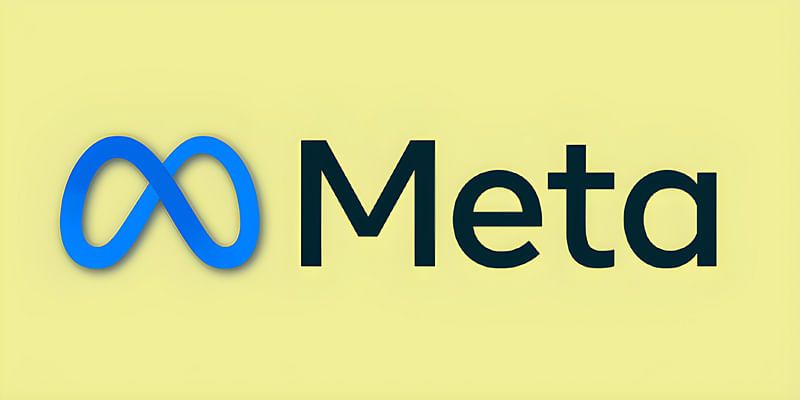
In an unexpected double blow, Meta Platforms Inc., the parent company of Facebook, finds itself wrestling with major legal issues in both Europe and Canada. The first hurdle pertains to data privacy and advertising, while the second revolves around payments for news content. These evolving circumstances reflect the rising tensions between global tech powerhouses and regulatory bodies.
The European Court of Justice shook Meta’s advertising foundations with a groundbreaking verdict earlier this week. The court confirmed that competition authorities could include potential breaches of data privacy rules in their probes. This judgment originates from a 2019 German antitrust investigation that scrutinised Meta’s data use policies. Despite Meta’s appeal, the ruling went on to catalyse a more extensive legal review across Europe.
At the heart of this legal kerfuffle lies the question of how Facebook obtains user consent to handle their data. The German Federal Cartel Office, also known as Bundeskartellamt, questioned Meta’s methodology of amalgamating data from its range of services – including Instagram and WhatsApp – to finetune ad targeting. The German body argued for a prerequisite separate permission from each platform before such amalgamation. The court’s ruling asserted that Meta couldn’t use “legitimate interest” as a justification to use personal data for ad-serving purposes.
This ruling could trigger a chain reaction, leading to more stringent scrutiny of data handling practices by tech behemoths. It emphasises Europe’s trailblazing efforts in curbing the omnipotence of giant digital platforms. Bundeskartellamt President Andreas Mundt noted that the ruling would cause “extensive impacts on the commercial strategies of the data economy.”
Simultaneously, on the other side of the Atlantic, Canada has launched its own salvo against Meta. Reacting to Meta’s plan to cease news availability on its platforms in Canada, the Canadian government has put all its advertisements on Facebook and Instagram on hold.
The response followed a law enacted by Canada in June, mandating digital platforms such as Meta and Alphabet Inc. to strike commercial agreements with local publishers for displaying news content. Although both tech leaders plan to block news on their platforms, Meta’s decision led the Canadian government to halt its ads.
Arguing for the digital platforms’ contribution to the Canadian news ecosystem, Heritage Minister Pablo Rodriguez said, “Platforms benefit from the status quo.” The suspension move was backed by the government of Quebec and Quebecor Inc., both suspending their ads on Meta’s platforms.
During the fiscal year 2021-22, the Canadian government invested C$11.4 million ($8.6 million) in Facebook and Instagram ads, a loss that will significantly impact Meta’s earnings.
These concurrent legal challenges showcase the escalating global pressure on tech giants. They highlight the complex balance required to respect privacy, uphold ethical practices, and sustain news organisations. The conclusions of these legal tussles could create influential precedents, further moulding the fluid relationship between technology, law, and the public. As these discussions continue, one thing is clear: the rules of the game for the tech industry are being rewritten.
.thumbnailWrapper
width:6.62rem !important;
.alsoReadTitleImage
min-width: 81px !important;
min-height: 81px !important;
.alsoReadMainTitleText
font-size: 14px !important;
line-height: 20px !important;
.alsoReadHeadText
font-size: 24px !important;
line-height: 20px !important;











